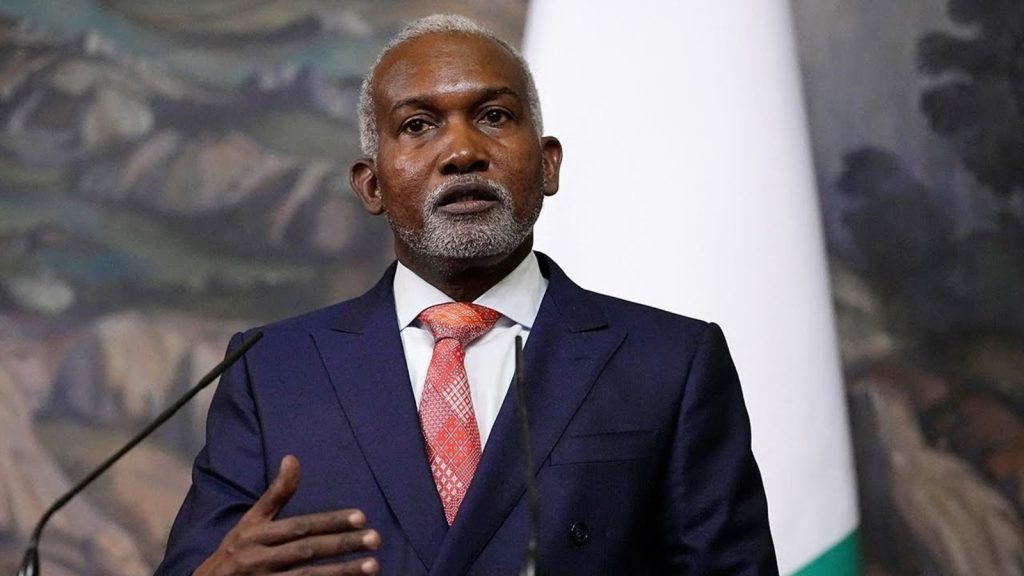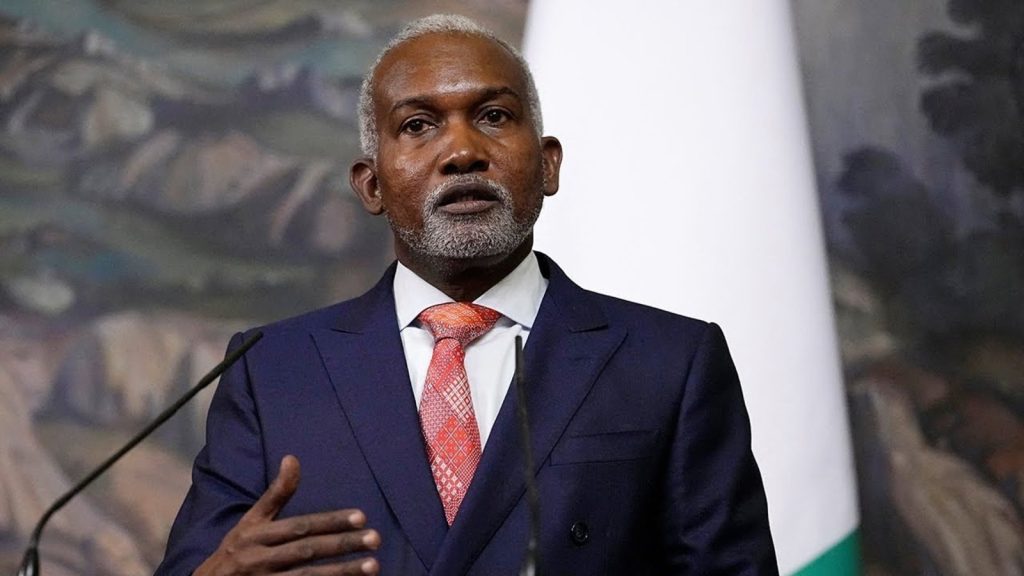
Yusuf Tuggar, minister of foreign affairs and chair of the Economic Community of West African States (ECOWAS) Mediation and Security Council, has raised concerns over reports of impending United States visa restrictions on West African countries, describing the move as a “non-tariff barrier” that threatens trade and regional cooperation.
Tuggar, who spoke at the 54th Ordinary Session of the Mediation and Security Council at the ministerial level in Abuja on Wednesday, said such restrictions if implemented, would hamper the region’s drive for economic growth and collaboration with international partners.
“It would be most unfortunate if it comes to pass because we are a region of opportunities ready to do deals.
“We would like to do deals with the US, but visa restrictions are non-tariff barriers to deals,” he said.
Tuggar described the policy as both a diplomatic setback and an economic miscalculation, stressing that ECOWAS countries possess untapped opportunities for global partnerships.
He said: “We possess critical minerals and even rare earths such as Samarium from the Monazite found in my home state of Bauchi.
“We in this part of the world are students of the art of the deal and have been part of the international trading system even before the modern state system.”
He urged the US government to reconsider its posture toward the region, warning that West Africa has alternative partners willing to engage.
Tuggar said: “ECOWAS countries and the US have a rare opportunity to create a partnership based on principles of need.
“We are also a strategic alternative to more distant and politically divergent energy producers.
“We will do deals for our prosperity; the only question is with whom? Who takes up the opportunities in our region by allowing government officials and technocrats, business executives and entrepreneurs to travel freely back and forth to close the deals?”
Reports indicate that Washington may be considering visa restrictions on multiple African countries over alleged failures to meet new US State Department benchmarks on document reliability and governance.
Countries potentially affected include Nigeria, Ghana, Cameroon, Senegal, Ethiopia, and Côte d’Ivoire, among others.
The policy is reportedly linked to concerns about identity documentation, government fraud, and cooperation with US security and immigration enforcement.
The article was originally published on Politics Nigeria.



